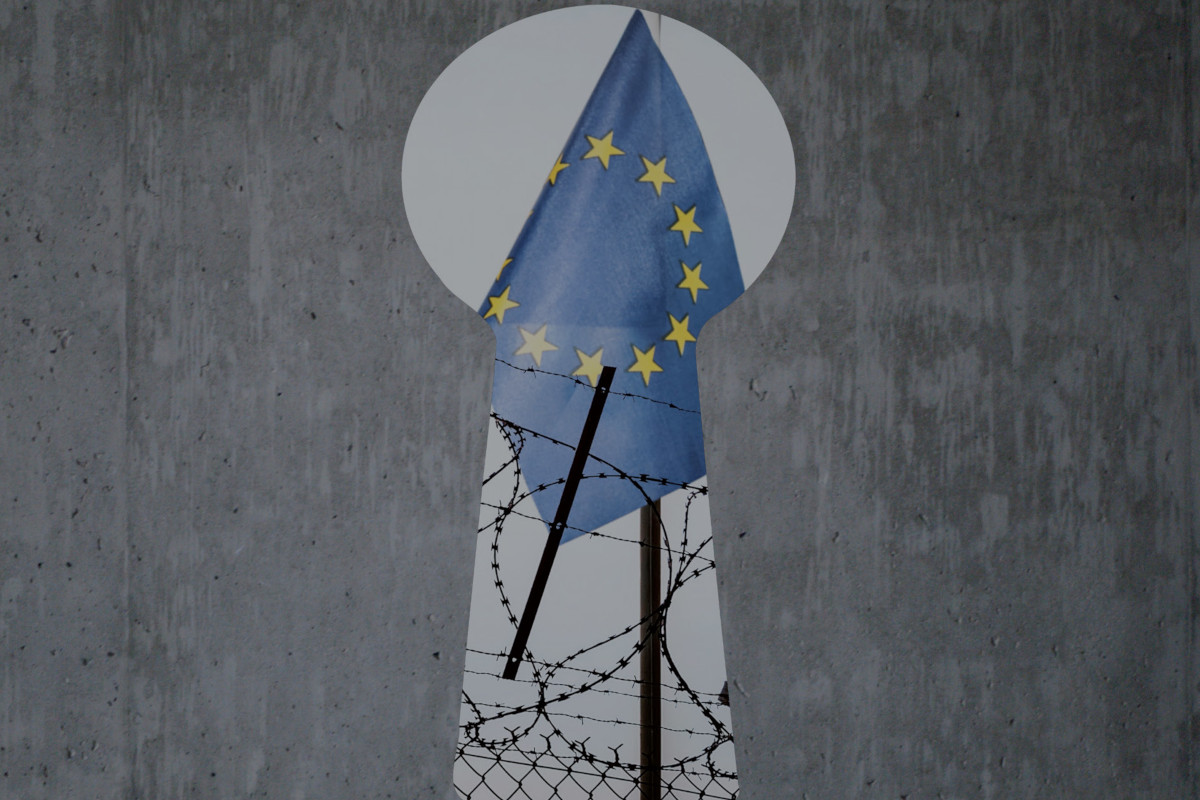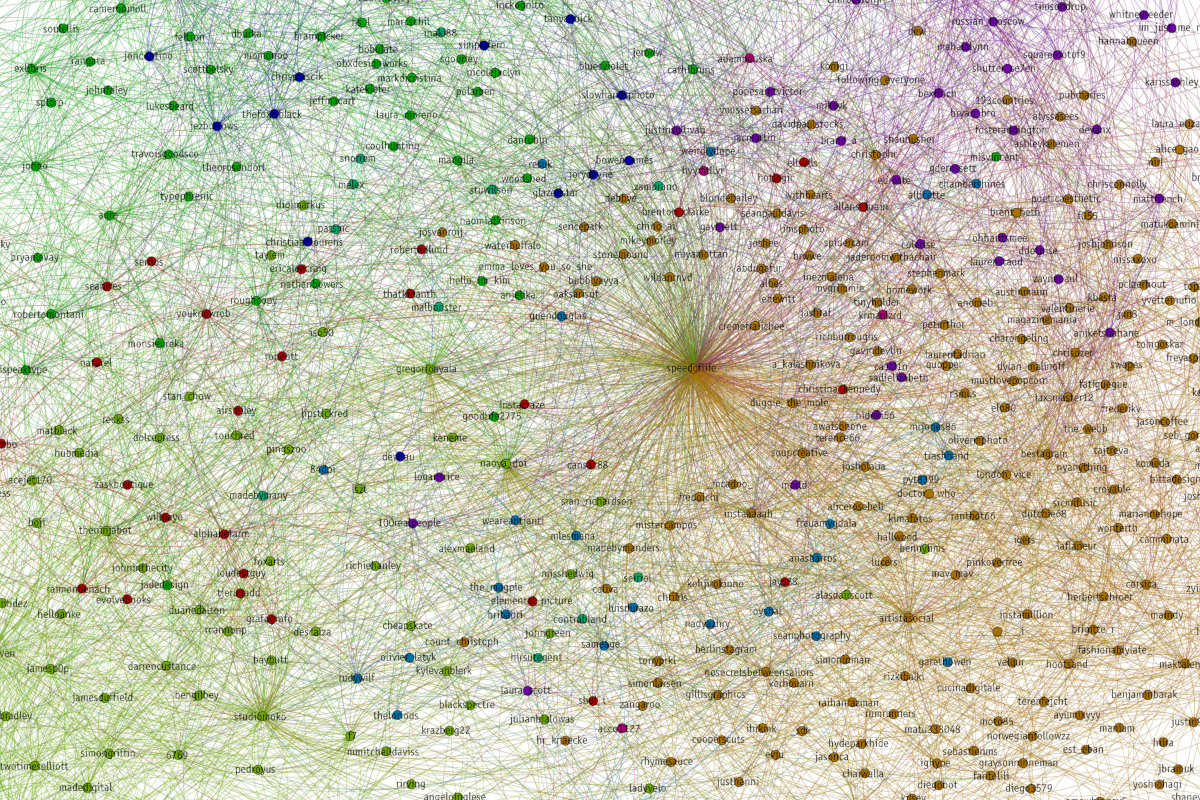Subject
Country/Region
July 06, 2023
Earlier this year, Statewatch published a secret ministerial statement committing EU and Schengen states to provide financial and material support for deportations from the Balkans. The European Commission recently responded to a parliamentary question on the subject. The answer contains nothing of substance.

Picture: SETshots, CC BY-NC 2.0
THE joint ministerial statement“Regional Return Mechanism, Partnerships for Return,” was published with the report Access denied: secrecy and outsourcing of migration controland urged the EU and Schengen States to increase their financial and material support for deportations from the Balkans.
Following the publication of the statement, Tineke Strik, Dutch MEP from the Greens group, asked the Commission two simple questions end of March :
“1. What support (financial or otherwise) has the Commission provided for the implementation of the objectives of the joint declaration?
2. To which States or entities was this support provided?
Two months later, the Commission respondedspending 160 words for very little.
In response to the first question, Ylva Johansson, Commissioner for Migration and Home Affairs, said:
“The Commission provides support, together with the International Organization for Migration (IOM) as implementing partner, to partners in the Western Balkans to organize returns and develop return management systems under the Instrument for Pre-Accession (IPA III) for protection-sensitive regional migration. Frontex, the European Border and Coast Guard Agency, provides support to Western Balkan countries as part of its mandate in the area of return, notably through the deployment of return specialists, support for the identification of third-country nationals and training to support return. from the Western Balkans.”
Regarding the second, Johansson said:
“The joint declaration “Regional Return Mechanism, Partnerships for Return” was signed in the presence of the Commission during the Ministerial Conference on Return of the Common Coordination Platform (CCP), on 21-22 February 2022 in Vienna. The Commission continues to encourage Western Balkan partners to use the Joint Coordination Platform to, inter alia, foster the exchange of good practices and strengthen operational cooperation on return, in coordination with the support provided under the IPA III (the Instrument for Pre-Accession Assistance) and Frontex.”
As highlighted in the press release for Access denied, “Increasing cooperation and spending to outsource the EU’s integrated border management model to third countries (in tandem with security cooperation) has not been accompanied by greater transparency, despite the human rights and budgetary implications of such efforts. »
Further reading
The European border agency, Frontex, has contributed to the expulsion of almost 25,000 people from EU territory in 2022, a record. The number of people expelled via regular flights and “voluntary” return procedures has steadily increased, and the deployment of Frontex return teams enabled the expulsion of almost 4,000 people during the year. The agency confirmed that evictions remain a “key priority.”
European interior ministers signed a secret joint declaration in February last year that committed EU and Schengen states to increase their financial and material support for Balkan expulsions, strengthening the role of the region as a migratory “buffer zone”, according to a report published today by Statewatch and the Heinrich Böll Stiftung reveals.
Thirteen third countries sometimes accept “social media profiles and telephone contacts” as proof of identity for the purposes of expulsions, according to an internal Commission assessment on third country cooperation on readmission. The assessment, carried out annually, is used to determine where and how to exert pressure on third states that are not deemed cooperative enough with expulsions from EU member states.




